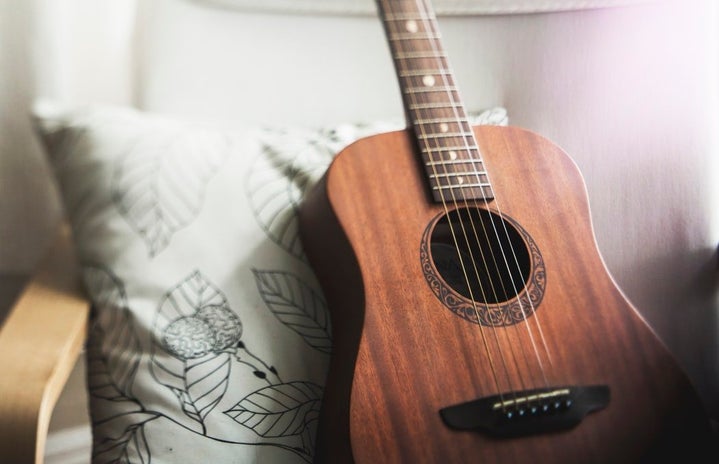There is absolutely no doubt that the country music industry has a reputation for being “redneck” and culturally behind on advances regarding social justice. However, as an avid country music listener and a student that considers herself to be an activist, I hope to make the point that the two can indeed go together. Of course I do not wish to disregard the history of racism and overall undertones of discrimination that country music has been a part of, however, both the gestures and music released across the board in country music have led me to believe that the industry is making advances towards fostering an inclusive environment with no tolerance for discrimination.
Country Music & LGBTQ Rights
T.J Osborne, main vocalist of the Grammy winning duo Brother’s Osborne (& one of my favorite artists) has become a trailblazer of sorts after coming out publicly at the age of 36. In an interview talking about his experience with being gay in an industry that many would consider less accepting of the LGBTQ community, T.J Osborne says: “I think country really comes from a lot of rural roots that are a lot of Christianity and a lot of kind of old school ways of thinking. And I really think that’s changed a lot over the years, and I know it’s changed a lot over the years”. The news of T.J’ Osborne’s coming out was accepted with an overwhelming amount of love and appreciation from the industry—as many artists who may come across as stereotypically “country” expressed their happiness for T.J to be authentically himself. While Osborne expressed a certain level of fear regarding the reactions of more rural parts of the U.S, his bravery to come out is the first step in normalizing all sexualities in a genre of music that is rooted in love and storytelling.
Country Music & Gender Equality
If you were to google “country music and gender inequality,” you would come to find that this discrepancy in the industry has been an issue for many many years. Roughly, women make up only 10% of the artists played on country music radio. Some of the most successful female artists have tweeted out against this, one of the most popular being Kacey Musgraves, saying: “Smells like white male bullsh*t and way LONG ago I decided they cannot stop me.” Since this tweet, Musgraves went on to win Album of the Year at the Grammys. Women in the industry have worked to overcome this problem, letting go of marketing to radio stations and instead focusing on success through streaming platforms. Awareness was brought to this issue during the 2020 ACM awards, when women had significantly more air time and performances, with acts that highlighted the impact women of all ages and colors have had on country music.
Country Music & the Black Community
In a predominantly white industry, the recent injustices and police brutality among Black American communities has brought to light the lack of diversity and appreciation of Black artists in the industry. This is objectively the most deep rooted and scarring issue within the demographics of country music, and the industry has a long way to go before they can be considered true allies. The well-known scandal of Morgan Wallen’s casual use of the N word caught on tape was a reminder of the low standard country superstars are held to when trying to promote inclusivity. Wallen was immediately suspended by his record label, the radio air-play rotation and any eligibility for award shows. The country music industries’ reaction to the Black Lives Matter movement has arguably been too silent, however, many artists have come forward to express their support. At the most recent CMA awards hosted by Black artist Darius Rucker, Black artists were given recognition for their impacts on the industry. An especially moving performance by 86 year old Charley Pride highlighted his role as a trailblazer of race integration. Artists, from Tyler Childers in the Appalachian country music scene, with the release of his single “Long Violent History,” to well known Black artists like Mickey Goyton with a moving single titled “Black Like Me,” have released music highlighting the struggle to diversify the industry. We can only hope that the industry will continue to show support for the Black Lives Matter Movement.


